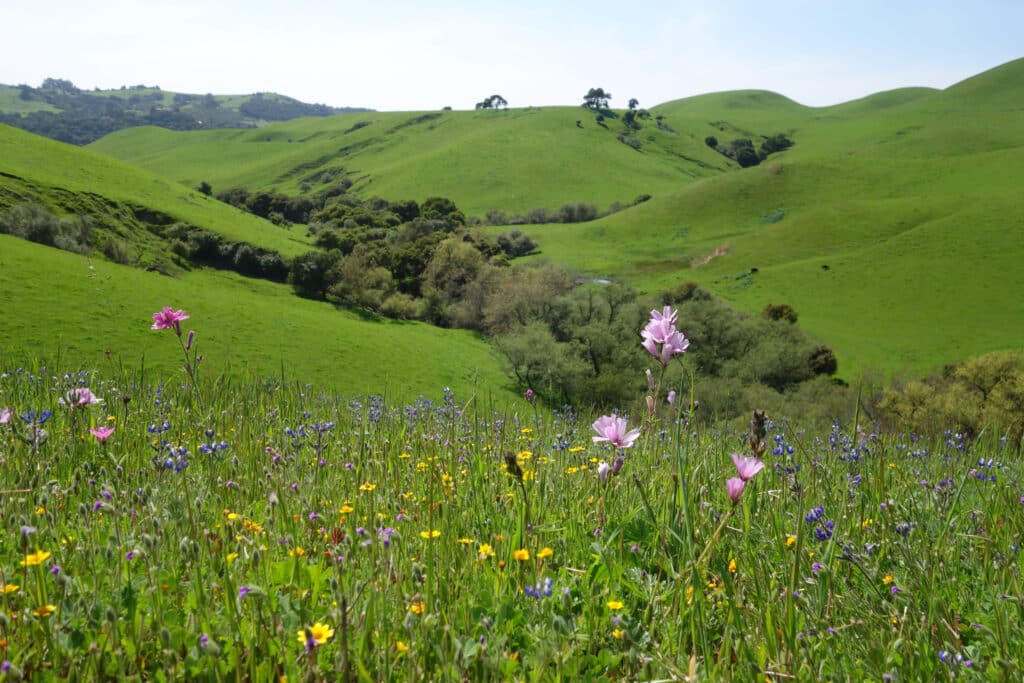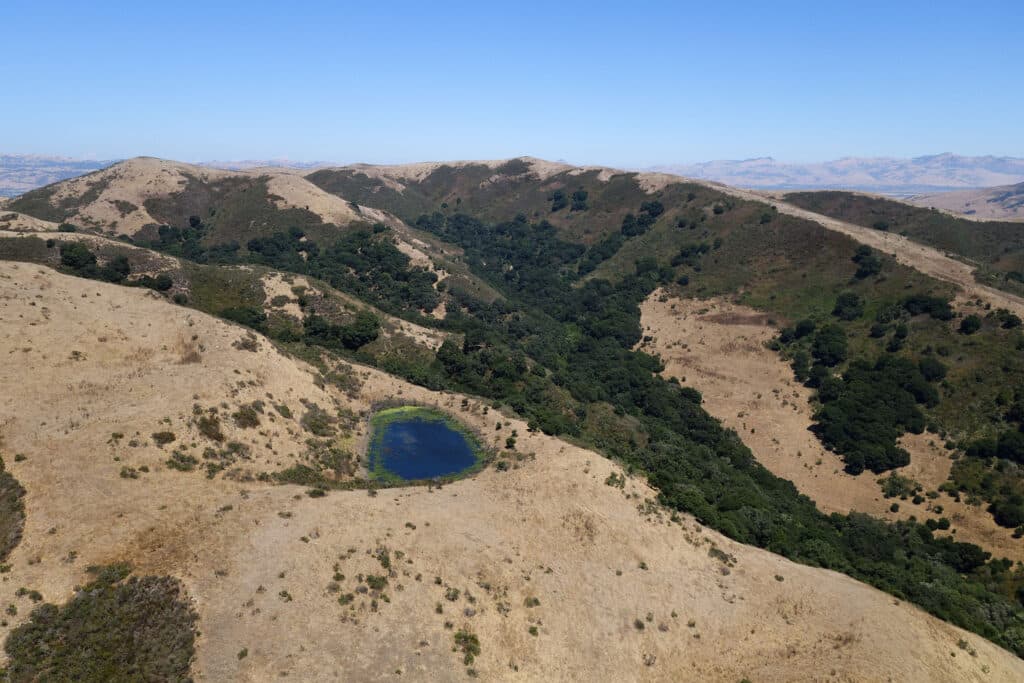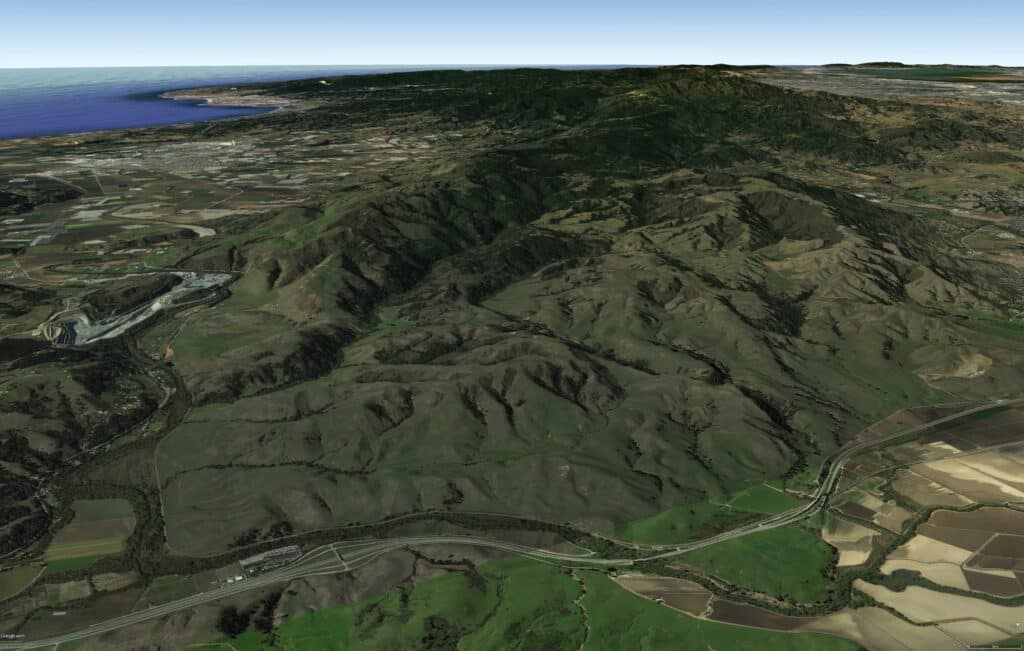
Juristac ‒Huris-tak‒ se encuentra cerca de Gilroy, California, al sur de las montañas de Santa Cruz, sobre la confluencia de los ríos Pájaro y San Benito, en el corazón de las tierras ancestrales de la Banda Tribal Amah Mutsun, donde durante miles de años, sus antepasados Mutsun vivieron y celebraron ceremonias sagradas en este lugar, antes de la llegada de los españoles.
Los indígenas de estas regiones fueron llevados a las misiones de San Juan Bautista y Santa Cruz, donde 4 mil 540 acres en esta zona se convirtieron más adelante en un rancho privado, llamado Rancho Juristac o La brea.
En la época actual un grupo de inversionistas con sede en San Diego compró el terreno en una subasta por bancarrota y actualmente busca desarrollar una operación de extracción de arena y grava a cielo abierto de 403 acres durante un período operativo de 30 años en la propiedad.
El plan incluye un área de planta de procesamiento de 62 acres, tres canteras a cielo abierto de hasta 250 pies de profundidad, una cinta transportadora de 1.6 millas de largo y un camino de acceso de 22 pies de ancho.
Se estima que se producirán 40 millones de toneladas de agregados de arena y grava durante la vida útil de la mina, principalmente para uso en la construcción de caminos locales y construcción en general.

Para el dueño de la propiedad, Debt Acquisition Company of America ‒DACA‒, el proyecto de la cantera es una oportunidad de obtener ganancias financieras.
Haciendo negocios bajo el nombre de Sargent Ranch Partners LLC, DACA contrató a una empresa con sede en Palo Alto, Freeman Associates LLC, para guiar propuesta a través del proceso de revisión ambiental y de planificación del condado de Santa Clara.
Pero esta zona no solo es considerada sagrada para los Amah Mutsun, el proyecto eliminaría aproximadamente alrededor de 400 acres de hábitat de tierras altas para la rana de patas rojas de California y la salamandra tigre de California, ambas incluidas en la lista federal de especies amenazadas, al tiempo que degradaría el hábitat de reproducción en estanques adyacentes a las operaciones de cantera.
La pérdida de pastizales también afectaría al tejón americano, una especie de «preocupación especial» incluida en la lista de California; al igual que las aves rapaces que se alimentan en el área, como el águila real, el aguilucho norteño, el halcón de las praderas y el búho madriguero.

Además, se destruirían aproximadamente 29 acres de bosques de robles de California, un valioso hábitat de descanso y alimentación para muchas especies nativas, al tiempo que preocupa el uso del agua que ocupará la cantera para la extracción y el control del polvo.
Actualmente, el condado de Santa Clara y sus consultores revisan y prepararán las respuestas a todos los comentarios presentados sobre el borrador del Informe de Impacto Ambiental ‒EIR‒, el cual revisarán en función de los comentarios recibidos.
No sabemos cuántos meses le tomará al condado emprender el proyecto. Existe una petición para frenar la construcción de esta cantera y actualmente se han juntado más de 18 mil firmas.
Si te interesa averiguar más y unirte a esta petición les dejamos el enlace puedes acceder al sitio web https://www.protectjuristac.org/petition/, mientras que para obtener más información para proteger Juristac accede a https://www.protectjuristac.org/petition/.
Te puede interesar: Funcionarios encuentran rastros de mercurio en centro de Martinez después del derrame del lunes

